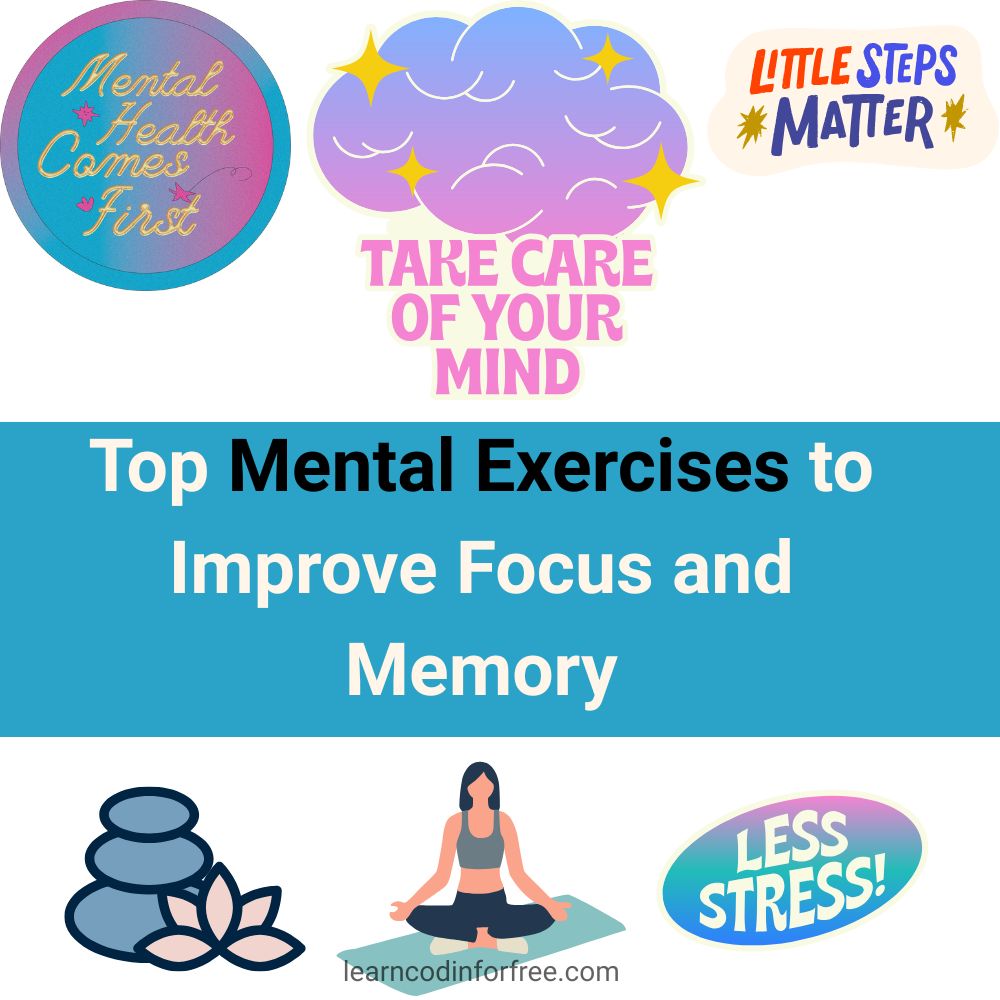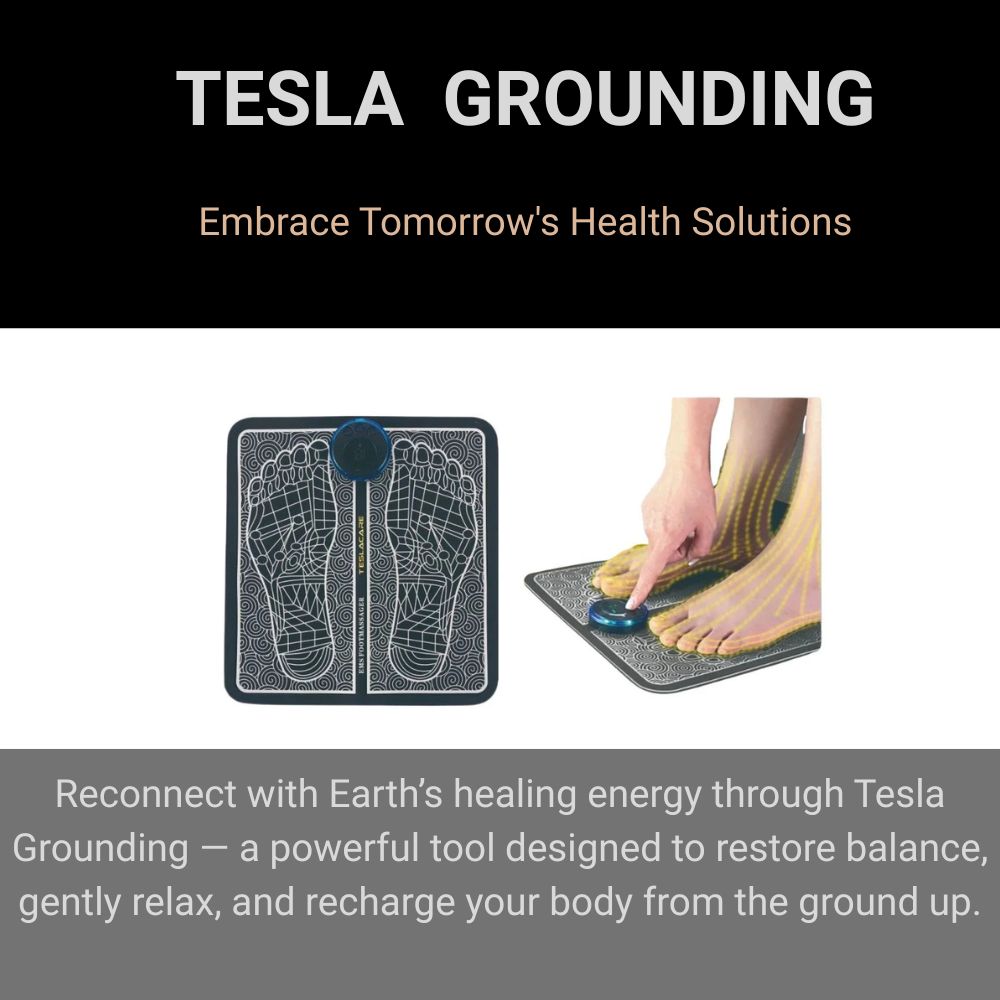
In today’s fast-paced world, maintaining sharp focus and a strong memory is more important than ever. Whether you’re a student, a professional, or simply looking to keep your mind improvement, mental exercises can significantly enhance cognitive function.
This article explores scientifically proven mental exercises to boost focus, memory, and overall brainpower. You’ll also discover practical techniques, apps, and expert-backed strategies to train your brain to improve your mindset.
Why Mental Exercises Work
The brain is neuroplastic, meaning it can reorganize and strengthen neural connections with practice. Studies show that best mental exercises can:
✅ Improve working memory
✅ Enhance attention span
✅ Slow cognitive decline
✅ Boost problem-solving skills
Let’s dive into the best exercises to sharpen your mind.
10 Best Mental Exercises to Improve Focus & Memory
1. Dual N-Back Training (Best for Working Memory)
What it is: A challenging memory game where you track visual and auditory cues simultaneously.
How it helps: Increases fluid intelligence (ability to reason and solve new problems).
Study: Participants improved IQ scores after 19 days of training (Jaeggi et al., 2008).
Try it: Apps like Brain Workshop or N-Back Trainer.
2. Meditation (Strengthens Attention & Reduces Mind-Wandering)
What it does: Trains the brain to sustain focus and resist distractions.
Best types:
Mindfulness meditation (focus on breath)
Focused-attention meditation (concentrate on an object)
Study: Just 10 minutes daily improves attention (Psychological Science, 2010).
Apps: Headspace, Calm, Insight Timer.
3. Speed Reading + Recall (Boosts Comprehension & Memory)
How to practice:
Read a passage quickly (2x your normal speed).
Summarize key points without looking.
Why it works: Forces the brain to encode information efficiently.
Tool: Use Spreeder for speed-reading training.
4. The Memory Palace Technique (Ancient Mnemonic for Stronger Recall)
How it works:
Visualize a familiar place (e.g., your house).
Assign information to specific locations.
Mentally “walk through” to retrieve details.
Study: Used by memory champions to memorize decks of cards (Neuron, 2002).
Try it: Start with a grocery list or foreign vocabulary.
5. Crossword Puzzles & Sudoku (Enhances Verbal & Logical Memory)
Benefits:
Crosswords → Improve verbal recall.
Sudoku → Strengthen logical reasoning.
Study: Older adults doing crosswords had slower memory decline (International Journal of Geriatric Psychiatry, 2019).
Apps: NYT Crossword, Sudoku.com.
6. Learning a New Language (Full-Brain Workout)
Why it helps:
Engages memory, attention, and multitasking.
Delays dementia by 4-5 years (Annals of Neurology, 2010).
Best tools: Duolingo, Babbel, Memrise.
7. Chess & Strategic Games (Improves Planning & Focus)
How it helps:
Enhances pattern recognition.
Boosts problem-solving under pressure.
Study: Chess players show better memory and concentration (Cognitive Science, 2016).
Try: Chess.com, Lichess.
8. Journaling (Clarity & Memory Consolidation)
Types:
Gratitude journaling → Reduces stress.
Reflective journaling → Strengthens memory.
Study: Writing by hand improves learning retention (Psychological Science, 2014).
9. Brainwave Entrainment
What it is: Listening to specific sound frequencies to enhance focus
Study: Improves attention and memory recall (Frontiers in Human Neuroscience, 2019).
Try: Brain.fm, MyNoise.
10. Physical Exercise (Brain-Boosting Side Effects)
How it helps:
Aerobic exercise → Increases BDNF (brain-derived neurotrophic factor).
Yoga → Improves working memory & focus.
Study: 30 mins of exercise enhances memory encoding (Journal of Cognitive Neuroscience, 2014).
Bonus: Daily Habits to Supercharge Mental Performance
Sleep 7-9 hours (Memory consolidation happens during deep sleep).
Hydrate well (Dehydration reduces focus by 20%).
Eat brain foods (Fatty fish, blueberries, nuts).
Resources & Tools:
Books
The Memory Book – Harry Lorayne (Classic memory techniques).
Peak Mind – Amishi Jha (Neuroscience of focus).
Apps
Lumosity (Cognitive training games).
Elevate (Personalized brain workouts).
Studies
Dual N-Back & Intelligence
(PNAS, 2008).
Meditation & Attention (Psychological Science, 2010).

